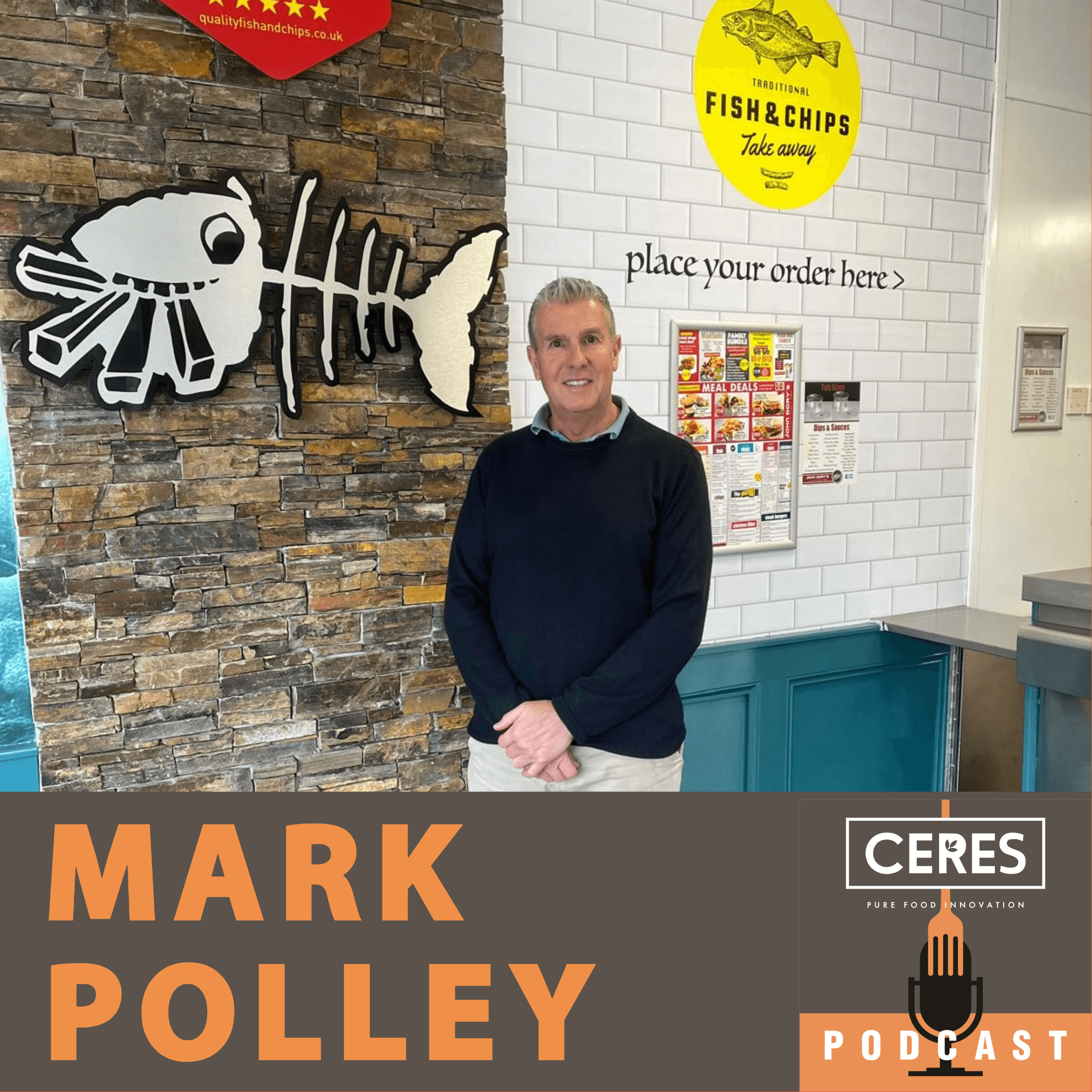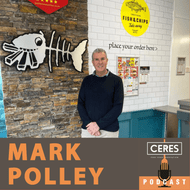Episode 153 - A Sit-Down with Mark Polley from John Dorys Group
Posted by Emily on 3rd May 2024 Reading Time:
Our recent podcast with Mark Polley, co-owner of the John Dorys Group, shared his insights into the thriving fish and chips industry. Operating seven successful outlets in Belfast, Marks's journey from civil engineering to food service is intriguing and inspiring.

Mark's background as a civil engineer might seem disconnected from fish & chips, but he credits this training for his smooth transition into business ownership. The analytical skills and problem-solving abilities honed during his engineering career have been crucial in navigating the complex operational challenges of a food service business.
During the podcast, Mark discussed the unique aspects of fish and chip shops in Northern Ireland compared to their counterparts in mainland UK. He pointed out that regional tastes and expectations influence operational practices, and customer preferences vary significantly.
Each of his seven outlets has its own identity, shaped by its location and the demographics it serves. This diversification within his business model helps cater to a broad customer base, ensuring that each outlet delivers what is best suited for its local community.
The conversation also touched upon the current trade conditions, highlighting the industry's challenges and opportunities. Mark's proactive approach to business has helped him stay ahead in the competitive Belfast market, where quality and customer service are paramount.
The competition is fierce in Belfast, but Mark believes that his commitment to quality sets John Dorys apart. His group maintains a competitive edge in a crowded market by focusing on superior product quality and first-rate customer service.
Discussing broader industry challenges, Mark desired more supportive government policies to aid small businesses, especially in the hospitality sector. He advocates for policies that understand and address the specific needs of companies like his, which contribute significantly to the local economy.
Managing and motivating the team is crucial, with many employees across his outlets. Mark invests in training and fostering a positive work culture. He believes in engaging his employees with incentives and clear communication, which isvital to keeping the team motivated and aligned with the company's goals.
As for the future, Mark is optimistic about expanding his business. He plans to open more sites, focusing on sustainable growth and maintaining the high standards that his customers expect.

